Top 3 lessons from my conversation with Marnix Kluiters
Peer in episode #63 of the De Gebakken Peren Podcast.
Change doesn’t happen linearly
Change seems unpredictable. More action doesn’t result in an equal amount of more change.
Often the results seem tiny compared to the effort that’s put in.
But possibly, under the surface, the conditions for change start simmering. Invisible to the eye.
When suddenly, like the last straw that broke the camel’s back, change rushes in.
The canoe tips over. The pandemic is everywhere. The iceberg breaks off.
And, societally, there are tipping points. Suddenly, the hold a dictator has over the population breaks.
Or, suddenly, an idea is wide-spread enough that it has gone mainstream.
Listen to his episode with Marten Scheffer about Tipping Points (Dutch)
Dignity first
Resistance to your goals is frustrating.
It’s tempting to wish that you could simply impose rules on others that would once and for all fix the problems we face.
The urge is there for both the conservative and the progressives.
I see people’s language on both sides shifting to such extremism.
But it’s important to remember that forced change only breeds more resistance.
People are only willing to change or adhere to measures when both their physiological ánd their psychological needs are met.
The latter being Relatedness, Competence and Autonomy.
Figuring out ways to meet these is fundamental in changing society.
Listen to his episode with Chi Chiu on these psychological needs (Dutch)
Extrinsic Pricing to Intrinsic Validation
True Pricing is idea to incorporate environmental and social costs in the prices of products, since we now mostly exclude these.
And vice versa, you’d want to lower the price of goods that give benefits to us all, like trees, whales or volunteer work.
It tries to come up with a pricing scheme that would help aim our economic game away from a destructive economy and towards balance.
Now, it’s probably possibly to develop. We “simply” have to do a lot of mathematical gymnastics.
It seems like a great idea. Even the gymnastics sound appealing to me. And tactically, I think we will have to.
But, still, philosophically I have questions.
Because while we can calculate what the value is to us, doesn’t mean that number reflect somethings true value.
Say, you’d add up everything that exists in the whole world, you would come to a number.
Would you accept that price when an alien civilisation would offer it to you?
They seem categorically different. We value it, but only so much as that it gives us value.
And, between two human parties, both get a say. Not so much between us and a tree or a whale.
A much cleaner way would be value the natural world intrinsically.
